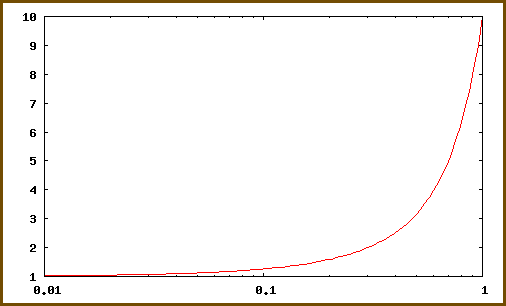VegasBAV
Well-known member
So I have this tissue aortic valve that is almost a year old. I know I will need to get it replaced perhaps 10-15 years from now.
Here is my question: how should I expect the deterioration of the tissue valve to go, and when will I know that it needs to be replaced? As the tissue valve deteriorates, does it regurgitate or does it become stenotic? Are there certain measurements or results on echocardiograms that I will want to play close attention to that "track" the deterioration?
Also, I have seen published criteria for when stenotic and regurgitating aortic valves should be replaced, but I haven't seen such written criteria explaining how doctors know when it's time to replace a deteriorating tissue valve. Are there published guidelines on this?
I plan to ask my cardiologist these questions when I see him at the the end of the month, but I was wondering if anyone here has any insight or experience with this. Thanks.
Here is my question: how should I expect the deterioration of the tissue valve to go, and when will I know that it needs to be replaced? As the tissue valve deteriorates, does it regurgitate or does it become stenotic? Are there certain measurements or results on echocardiograms that I will want to play close attention to that "track" the deterioration?
Also, I have seen published criteria for when stenotic and regurgitating aortic valves should be replaced, but I haven't seen such written criteria explaining how doctors know when it's time to replace a deteriorating tissue valve. Are there published guidelines on this?
I plan to ask my cardiologist these questions when I see him at the the end of the month, but I was wondering if anyone here has any insight or experience with this. Thanks.


























